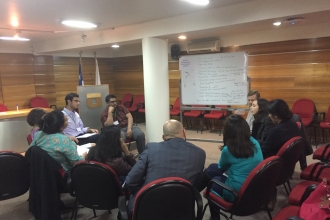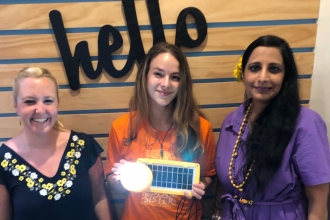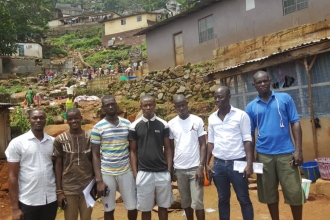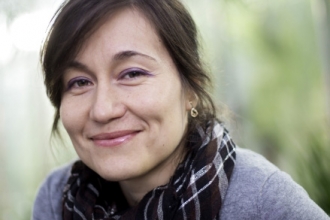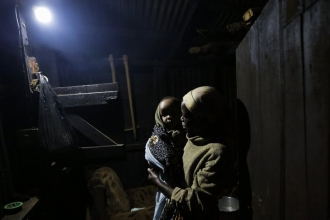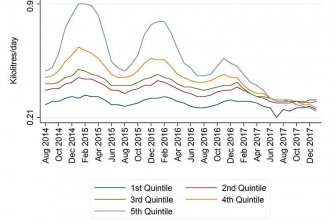Takeaways from SETI's 2019 Policy Interaction Workshop in Santiago, Chile
The Sustainable Energy Transitions Initiative (SETI) is proud to announce a successful fourth annual conference, which occurred on May 15-17, 2019 in Santiago, Chile. The three-day conference kicked off with a policy interaction workshop, featuring various stakeholder perspectives on energy access in Latin America.
